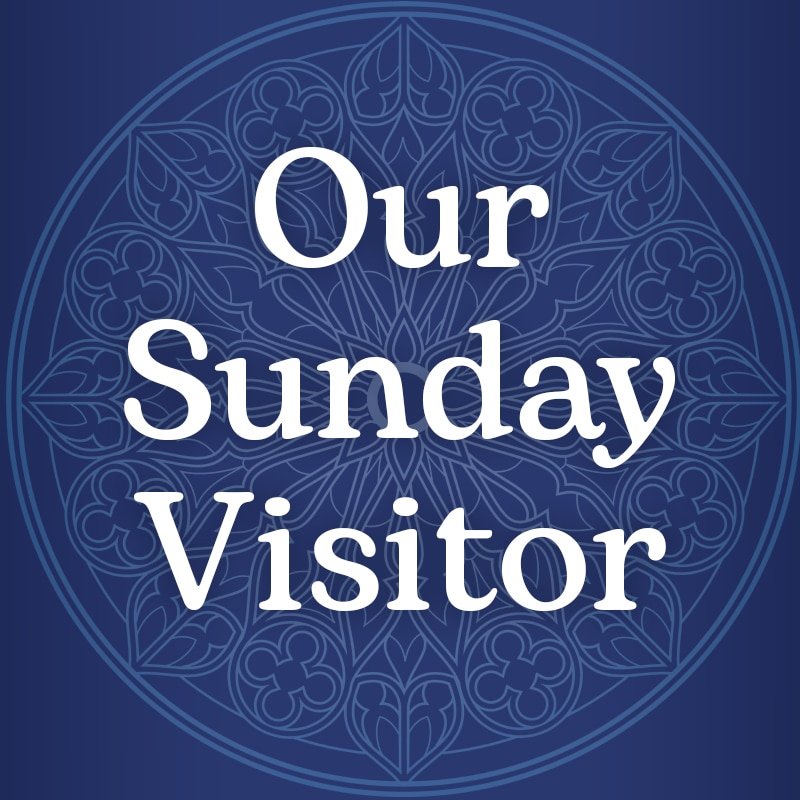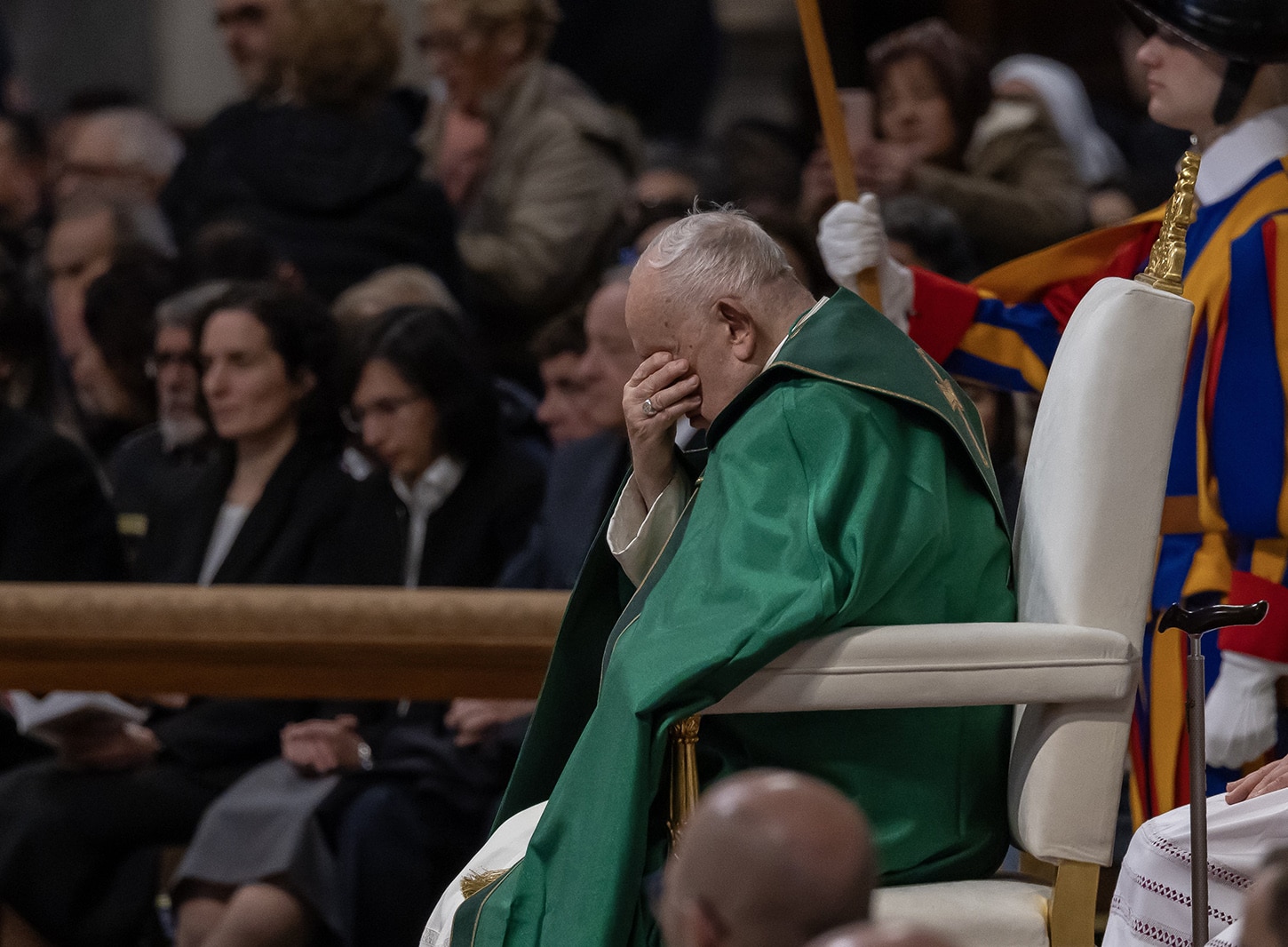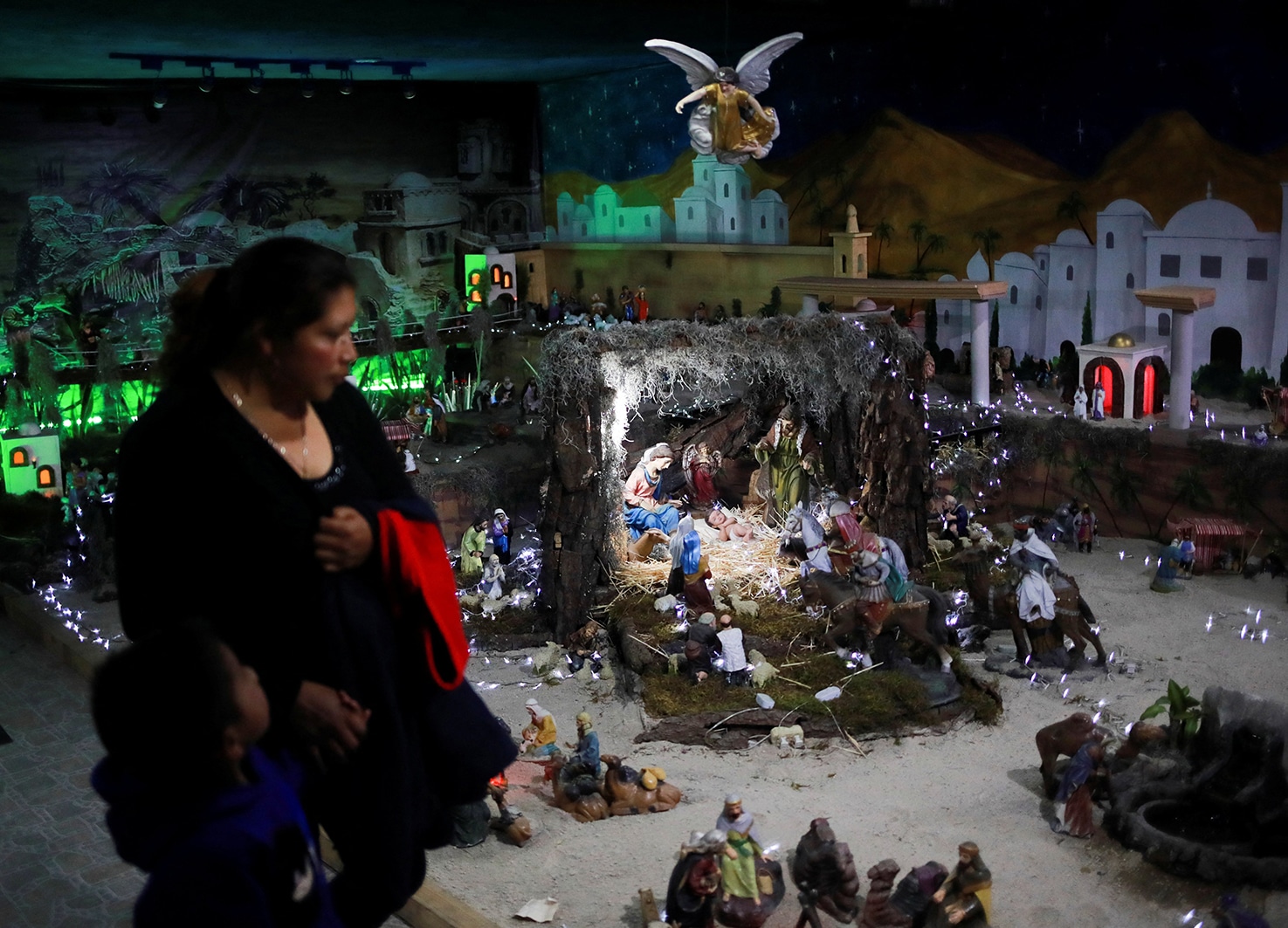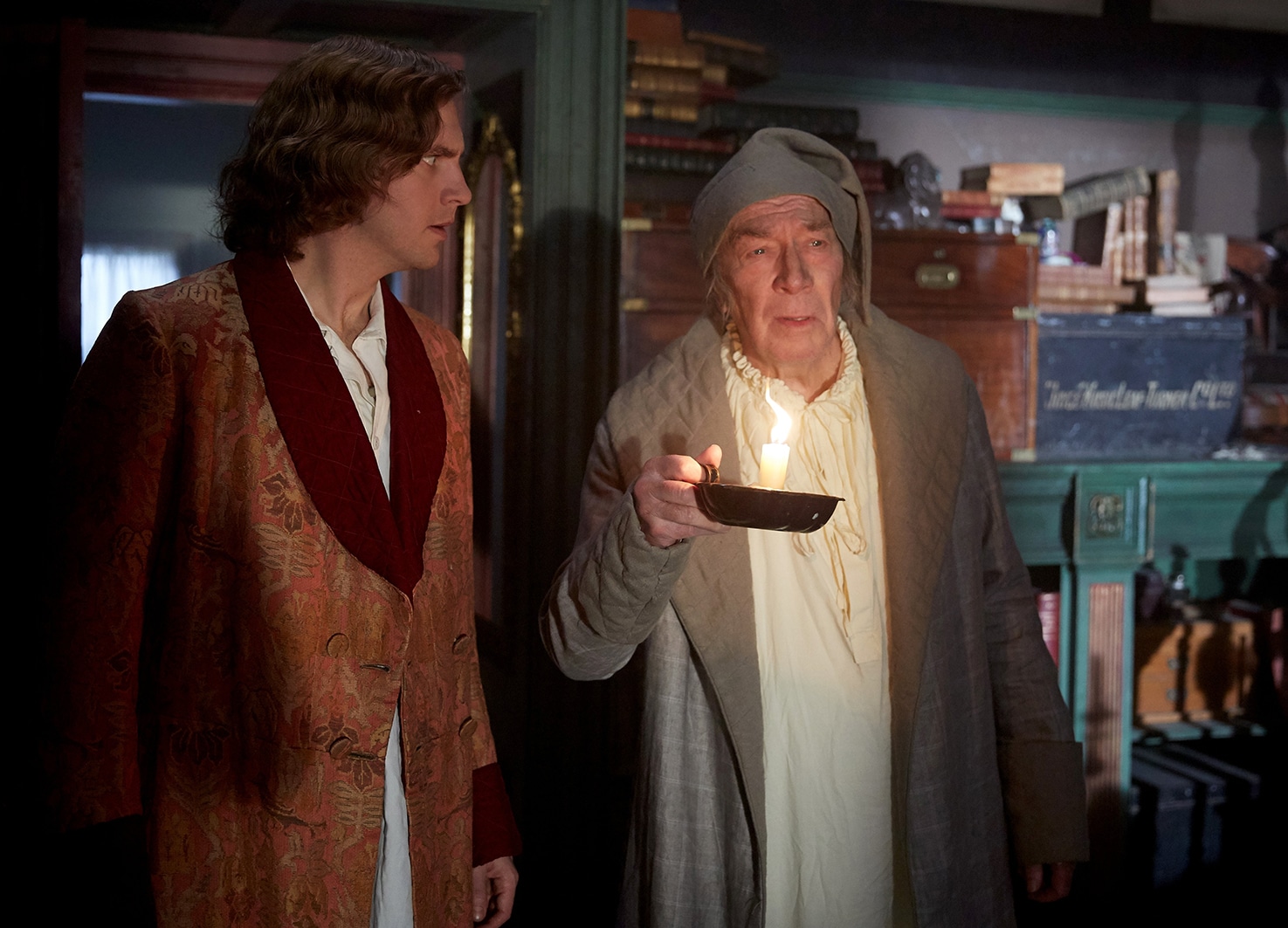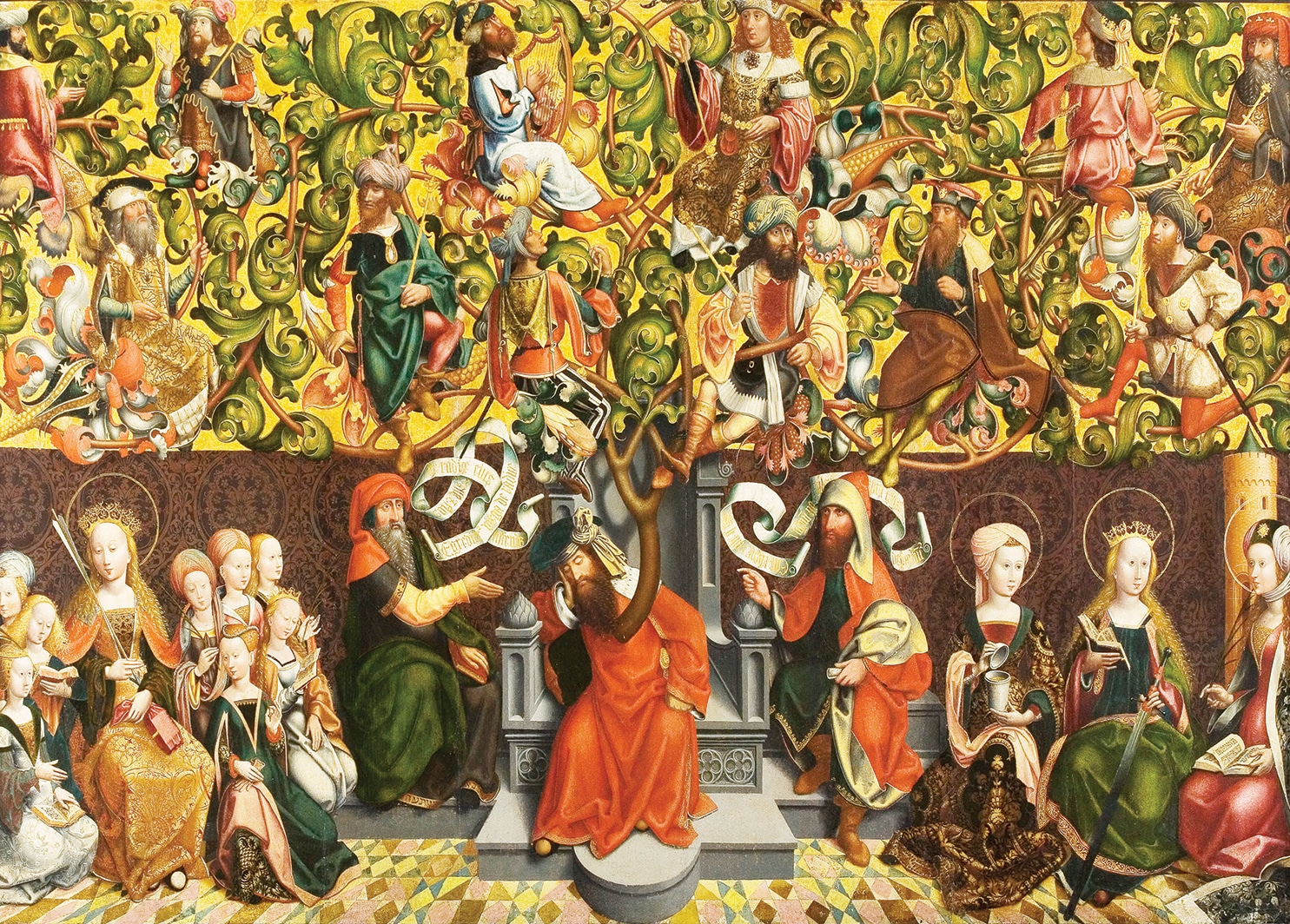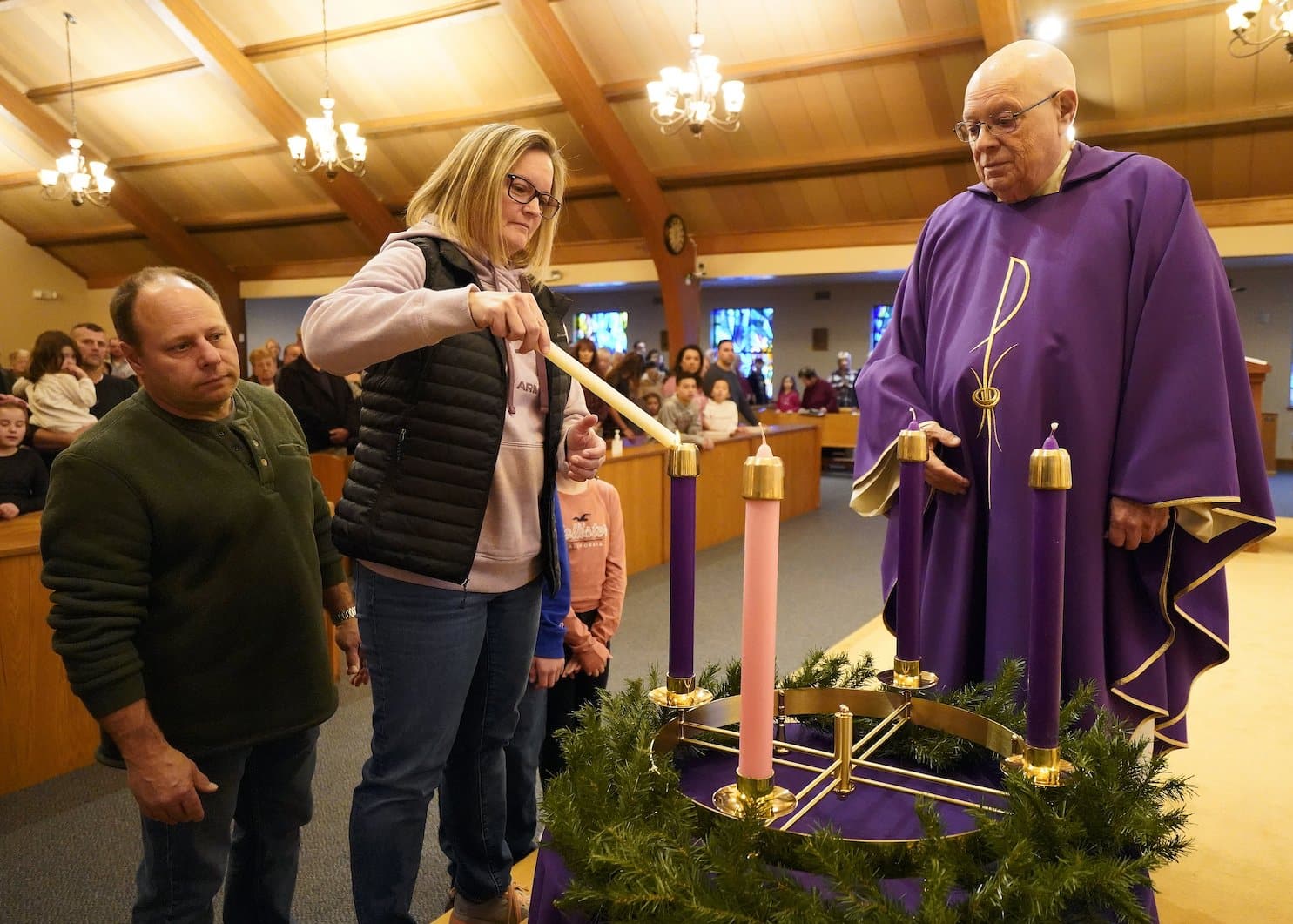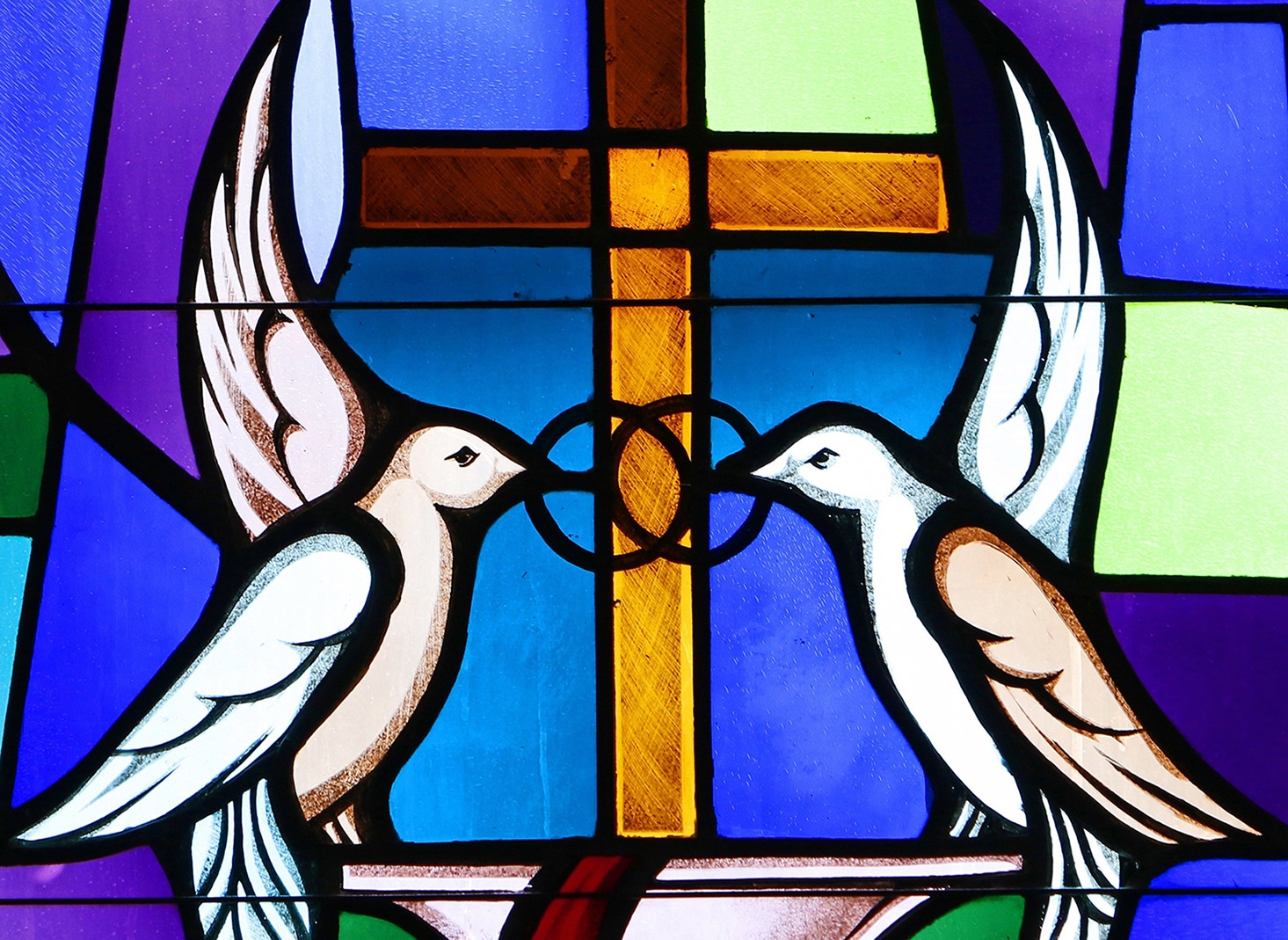The Catholic Church in Germany embarked on an ambitious and controversial project known as “The Synodal Path.” This initiative, which sought to address various issues within the Church, including governance, the role of women, and the Church’s teaching on sexuality, has stirred significant attention and debate within the global Catholic community. The Synodal Path represents a distinctive approach to ecclesiology (the theological study of the nature and structure of the Church). It has even raised questions about its alignment with the broader teachings and traditions of the Catholic Church.
Against this backdrop, a letter written by Pope Francis on Nov. 10 to four German Catholic laywomen — Professor Westerhorstmann, Professor Schlosser, Professor Gerlalkovitz, and Mrs. Schmidt — has gained considerable significance. First published by the German newspaper Welt on Nov. 21, the letter highlights the pope’s concerns regarding the direction of the Catholic Church in Germany, particularly in relation to The Synodal Path. This correspondence offers valuable insights into the ongoing dialogue between the Vatican and the German Church. It sheds light on key theological and ecclesiological issues being discussed in and around the Synod on Synodality.
Understanding the German Synodal Path
Before delving into the specifics of Pope Francis’ brief letter, it is essential to understand The Synodal Path and why it has become a point of contention. The Synodal Path is an initiative by the German bishops in collaboration with the Central Committee of German Catholics (ZdK). It was launched as a response to the various challenges facing the Church, including the fallout from the sexual abuse crisis. The Synodal Path aims to foster a broad and inclusive discussion on several critical topics, such as the Church’s moral teachings, clerical celibacy, the role of women in Church ministries, and the Church’s governance structure.
While innovative and reflective of a desire for reform and renewal, this approach has led to concerns about its potential divergence from the universal Catholic Church’s teachings and practices. Some have viewed The Synodal Path’s emphasis on regional autonomy and its approach to contentious issues as a departure from traditional Catholic doctrines and a challenge to the Vatican’s authority.
Takeaway 1: Concern for fidelity
Pope Francis’ concern over the ecclesiological fidelity of the German Church reflects a profound commitment to maintaining the universal Church’s integrity and unity. This concern centers on the steps taken by The Synodal Path, which he fears may lead parts of the German Church away from the path of the broader Catholic community. The pope emphasizes the importance of adhering to the Church’s sacramental structure, a cornerstone of Catholic ecclesiology. This structure is not just about governance but encapsulates the theological understanding of how the Church operates as the Body of Christ, with Christ as its head and the faithful as its members. The pope’s apprehension is that deviations from this structure could lead to a fragmentation of the Church, undermining its universality and the apostolic tradition it upholds.
Takeaway 2: Prohibition of the synodal committee
The formation of the synodal committee in Germany aimed to create a consultative and decision-making body that could address various concerns and challenges facing the Church in Germany. However, with the pope’s endorsement, the Holy See prohibited this committee’s formation. The primary reason for this prohibition was the committee’s proposed structure, which was viewed as misaligned with the Church’s sacramental and hierarchical nature. The concern here is that such a structure could diminish the role of the episcopacy and the pope, leading to a more congregationalist or democratic model of Church governance, fundamentally at odds with the Catholic understanding of ecclesial authority and decision-making.
Takeaway 3: Emphasis on traditional practices
Pope Francis underscores the importance of traditional spiritual practices like prayer, penance, and adoration in his letter. He advocates for these practices over creating new committees and engaging in repetitive dialogues that may not lead to genuine spiritual renewal or effective action. The pope’s emphasis here reflects a belief in the transformative power of these practices, not only for individual believers but for the Church as a whole. By focusing on prayer, penance and adoration, the faithful can foster a deeper relationship with God, leading to a more authentic and effective witness in the world. This approach aligns with the pope’s broader vision for a Church that is deeply connected to its spiritual roots while actively engaging with the needs of the marginalized and the broader society.
Takeaway 4: Commendation of lay theological contributions
Pope Francis acknowledges and appreciates the theological and philosophical contributions of Professors Westerhorstmann, Schlosser, Gerlalkovitz, and Mrs. Schmidt. In doing so, he recognizes the vital role that lay theologians, especially women, play in the life of the Church. The pope’s commendation highlights the importance of informed and faithful theological reflection in understanding and communicating the Faith. It also underscores his commitment to acknowledging and promoting the contributions of all members of the Church, regardless of their role or status.
Takeaway 5: Call for unity and prayer
Pope Francis concludes his letter with a call for unity and prayer, asking for continued prayers for himself and for the Church’s commitment to unity. This call reflects his vision of a Church characterized by collaboration, solidarity and mutual support among all its members. Pope Francis underscores the spiritual dimension of ecclesial unity by emphasizing the need for prayer, suggesting that true unity in the Church is not merely a matter of organizational or structural alignment but is fundamentally rooted in a shared relationship with Christ and a common commitment to living out the Gospel. This call for unity and prayer serves as a reminder of the Church’s mission to signify communion in a divided world.
The bottom line
Pope Francis’ letter is a significant intervention in the ongoing discussion about the future of the Catholic Church in Germany and, by extension, the global Catholic Church. It underscores the delicate balance between the need for reform and the preservation of core Catholic teachings and traditions.
As the Church grapples with modern challenges, the pope’s recent letter serves as a reminder of the importance of staying true to foundational Catholic beliefs while engaging with the contemporary world in a meaningful and transformative way. For those unfamiliar with The Synodal Path, Pope Francis’ response provides a clear and thoughtful perspective on the complexities and nuances of this pivotal moment in the life of the Church.
